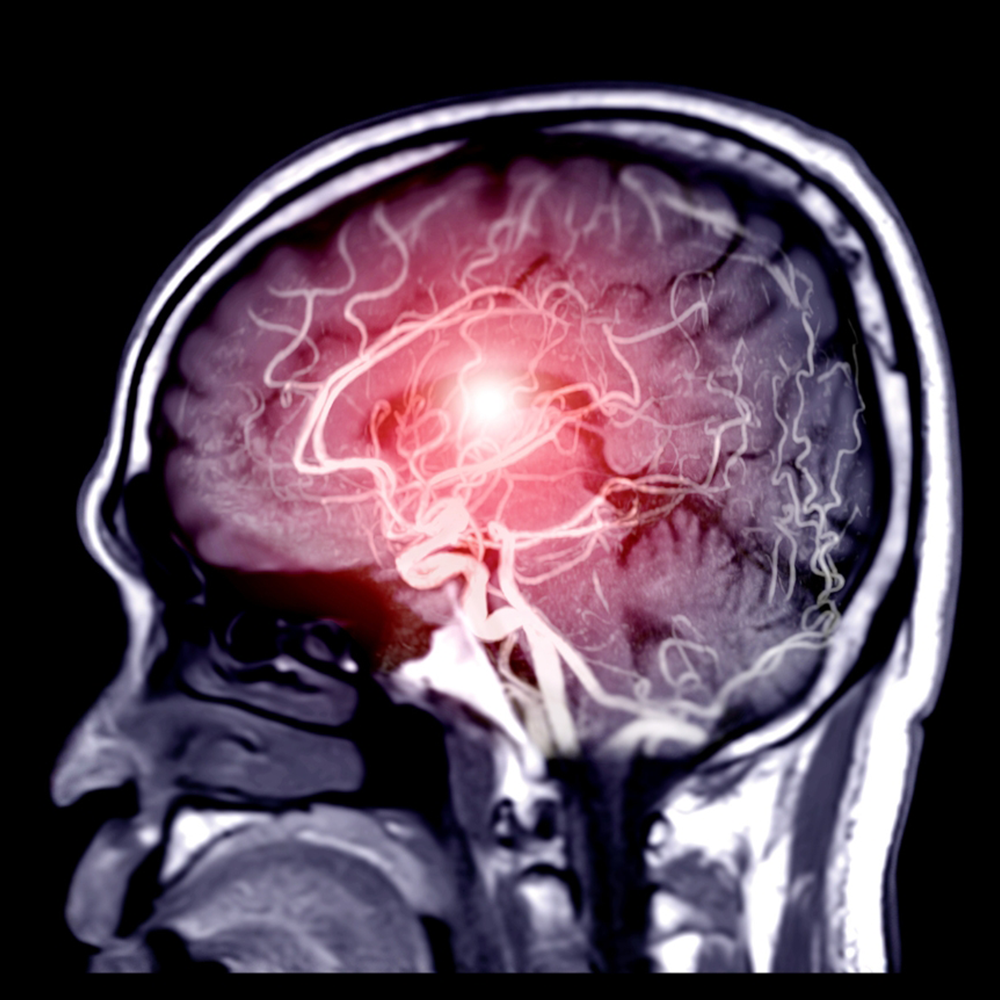Brain tumours are a serious medical condition that can have profound effects on individuals and their families. While they are relatively rare, it’s crucial to recognize the early signs and symptoms to facilitate early detection and treatment. In this blog, we’ll explore the various indicators that may suggest the presence of a brain tumour in adults, empowering readers to seek timely medical attention and intervention.
Persistent Headaches
One of the most common early signs of a brain tumour in adults is persistent headaches that worsen over time. These headaches may be severe, frequent, and accompanied by other symptoms such as nausea, vomiting, and sensitivity to light or noise. While headaches can have various causes, individuals experiencing persistent or unusual headaches should consult a healthcare professional for evaluation.
Changes in Vision
Vision changes or disturbances can also be early indicators of a brain tumour. This may include blurred vision, double vision, loss of peripheral vision, or difficulty focusing. In some cases, individuals may experience flashing lights or blind spots in their field of vision. Any sudden or unexplained changes in vision should prompt a thorough evaluation by an eye specialist or neurologist.
Cognitive Impairment
Brain tumours can affect cognitive function, leading to changes in memory, concentration, and reasoning abilities. Individuals may experience difficulty remembering information, processing thoughts, or making decisions. They may also exhibit confusion, disorientation, or impaired judgment. While cognitive changes can result from various factors, persistent or progressive impairment should be assessed by a healthcare professional.
Seizures
Seizures are a common symptom of brain tumours, particularly if the tumour affects the areas of the brain responsible for regulating electrical activity. Seizures may manifest as convulsions, muscle spasms, altered consciousness, or unusual sensations such as tingling or numbness. It’s important to note that not all seizures are indicative of a brain tumour, but recurrent or unprovoked seizures warrant medical evaluation.
Personality or Behavior Changes
Brain tumours can impact mood, personality, and behaviour, causing individuals to exhibit changes that are out of character. This may include irritability, aggression, apathy, or emotional instability. Additionally, individuals may experience depression, anxiety, or psychosis. While these changes can stem from various factors, significant or unexplained alterations in behaviour should be assessed by a healthcare professional.
Motor Skill Deficits
Brain tumours can affect motor function, leading to weakness, clumsiness, or coordination problems. Individuals may experience difficulty walking, balancing, or performing fine motor tasks such as writing or buttoning clothes. Weakness or paralysis on one side of the body, known as hemiparesis, may also occur. Any persistent or progressive motor skill deficits should prompt a comprehensive neurological evaluation.
Speech and Language Difficulties
Brain tumours located in or near areas of the brain responsible for speech and language can cause communication difficulties. Individuals may experience slurred speech, difficulty finding words, or impaired comprehension. They may also exhibit changes in voice pitch, rhythm, or fluency. Speech and language difficulties should be evaluated by a speech-language pathologist or neurologist to determine the underlying cause.
Hearing Changes
Tumours affecting the auditory nerves or areas of the brain involved in hearing can lead to changes in hearing ability. This may include hearing loss, ringing in the ears (tinnitus), or sensitivity to loud noises. Individuals may also experience imbalance or dizziness, particularly if the tumour affects the vestibular system. Any unexplained or persistent hearing changes should be assessed by an audiologist or otolaryngologist.
Conclusion
Early detection of brain tumours is crucial for optimizing treatment outcomes and improving prognosis. While the symptoms of brain tumours can vary widely depending on factors such as tumour location, size, and growth rate, recognizing the early warning signs is essential for timely intervention. Individuals experiencing persistent or unexplained symptoms such as headaches, vision changes, cognitive impairment, seizures, personality changes, motor skill deficits, speech difficulties, hearing changes, or any combination of these should seek medical evaluation promptly. By raising awareness of the early signs and symptoms of brain tumours in adults, we can empower individuals to prioritize their health and seek appropriate medical care when needed.

